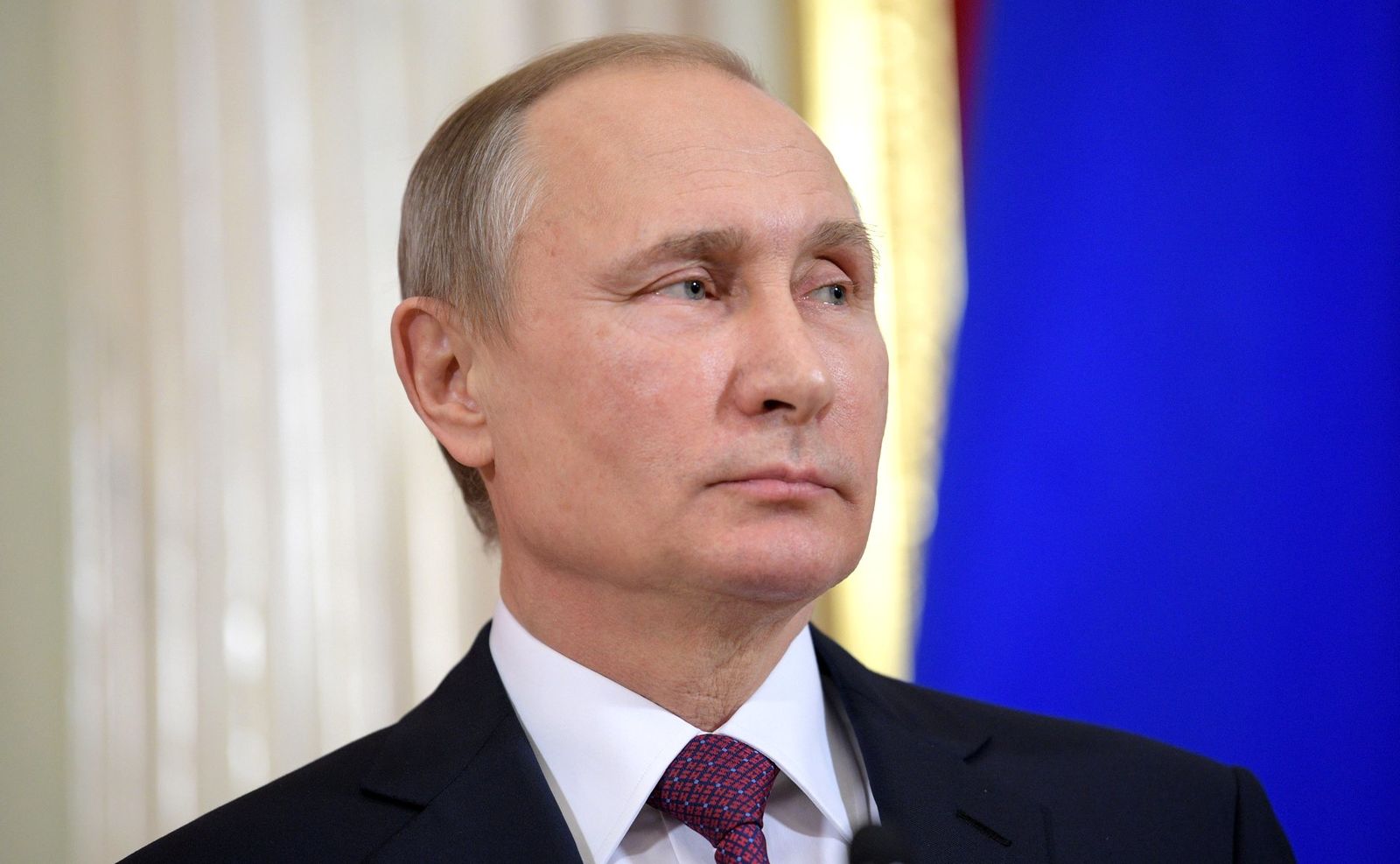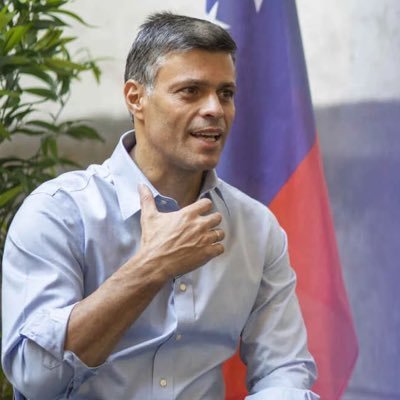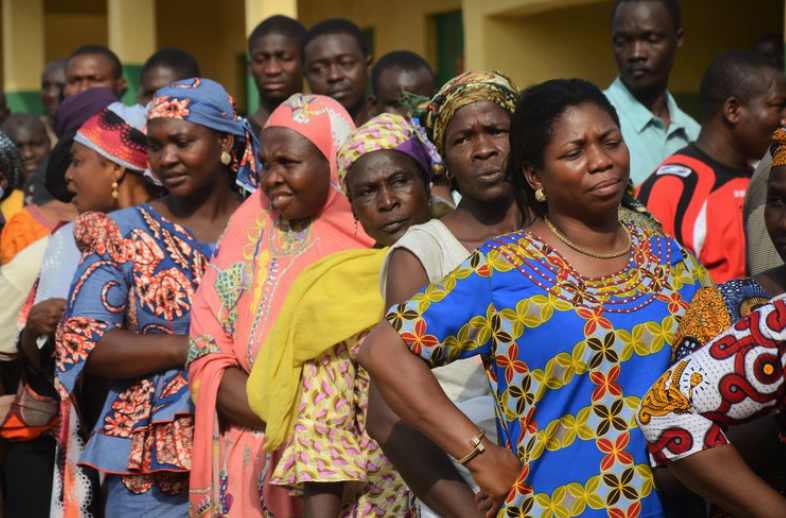News
Putin and the Populist Playbook: A Lesson for Democracies
Vladimir Putin is an authoritarian leader. But he is a product of Russia’s brief democratic spring. The way he hollowed out democracy and built his empire is a warning to the world about the dangers of populism.

This is the foreword Venezuelan opposition leader Leopoldo López wrote for The Brenthurst Foundation book, ‘In The Name of The People: How Populism is Rewiring the World’.
The Russian invasion of Ukraine in February 2022 shook the world out of its post-Cold War complacency. There have, of course, been many wars fought since the collapse of the Berlin Wall in 1989, but the intensity of the conflict and the ground traversed — the same as that which changed hands between the Nazis and the Soviet Union in World War 2 — has raised alarm.
The once-distant prospect of a Third World War has become real as Russia and Nato come into increasingly closer military proximity. The possibility of a nuclear strike, until now discounted as highly unlikely, has veered back on to centre stage.
You might wonder what this has to do with populism. The answer is that Russian aggression has its roots in the erosion of democracy from within by populists who have since become autocrats.
In the post-Soviet era, Russia adopted a democratic system of government, with Boris Yeltsin becoming the first directly elected president in Russian history in 1991.
But this democratic spring was short-lived. The establishment of credible checks and balances to bolster democracy were not successful, and the judiciary, police and security machinery of the state remained centrally controlled arms of the executive.
In addition, a privatisation campaign led to a small number of oligarchs becoming extremely wealthy and influential, allowing them to operate above the law and to accumulate vast wealth as ordinary citizens suffered.
In 2000, Vladimir Putin, Yeltsin’s chosen successor, won the presidential election and began implementing increasingly authoritarian policies that limited media freedom and led to the constant harassment, and even imprisonment, of opposition leaders.
While an extreme example, Russia’s adoption of democracy and its hollowing-out followed the classic populist playbook.
The development of an ideology based on the return to Soviet-era boundaries, great-power glory and a strong Russian nationalism were further signs of a populist agenda.
The lesson from this is that unless democracy is deeply embedded with an independent judiciary, regular free and fair elections and political openness, bad actors will seize the state and turn it into a weapon to accumulate power and wealth.
It is tempting to look to the developing world, where there are many examples of populist hollowing-out, which this book does an admirable job of enumerating.
But, as the authors write, there are also examples of this type of populist slide in Europe and elsewhere in the developed world.
You need not look further than Hungary, where elections are barely credible, while a coterie of connected politicians enrich themselves on state contracts and preach xenophobia. Hungary erected a border fence to keep Syrian refugees out, but — commendably — welcomed Ukrainians.
In both cases, the refugees were fleeing Russian military aggression, but Hungary deemed the Syrians unworthy of assistance because of their ethnic and religious backgrounds.
And you do not need to just look east or south. The US has seen insurrectionists storm the Capitol, seeking to overturn an election result on a populist platform led by former president Donald Trump, which challenges the validity of the judiciary and the entire architecture of democracy.
The rise of populism and the slide away from democracy towards sham democratic states, where mock elections are held while opposition leaders are constantly on the run from the law, is real and happening before our eyes.
Perhaps the key lesson we should draw from this is that governments must remain connected to the people — not just the people who elected the ruling party, but all the people, regardless of their political persuasions, who are entitled to equal treatment by the state.
To achieve this, parliaments must hold the executive to account and demand that it serves the entire country, and the judiciary must be free from interference so that all are equal before the law.
Populism is built on a Manichean divide between “us” and “them”. The “us” consists of those who support the ruling party, and this group is frequently defined by its shared conviction that only it has the answers to the big questions facing society. “Them” is defined as those who support the opposition, which is regarded as being an illegitimate brake on progress and therefore worthy of exclusion from the benefits of society, including freedom of speech and assembly.
The descent into populism is seldom a short-term affair. It is the accumulation of years, sometimes decades, of gradual undermining of institutions and the slow collapse of accountability.
This makes it doubly important that government leaders watch their words and allow free and open debate on policy, including during electoral contests. This guarantees democratic accountability and allows all to enjoy the services of the state without discrimination.
It really means something when a president hands over power peacefully and congratulates his opponent on their victory after a hard-fought election.
It means something when lawmakers seek to follow rational policy advice rather than social media trends when making policy and law.
It means something when government is brought to account for its failings and made to correct its wrongs by lawmakers from all parties who are serving their constituents and not some abstract political agenda.
Countries that have a strong constitutional order along with strong institutions — courts of law and parliaments — are resistant to populism and show better economic progress and development than authoritarian states, where cliques amass power at the expense of the people.
This article originally appeared on the Daily Maverick
Photo: www.kremlin.ru



